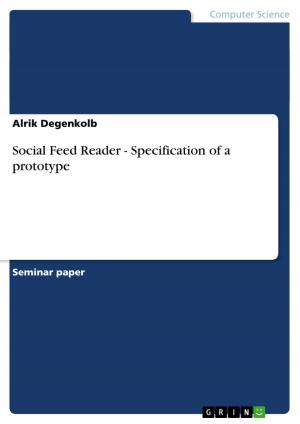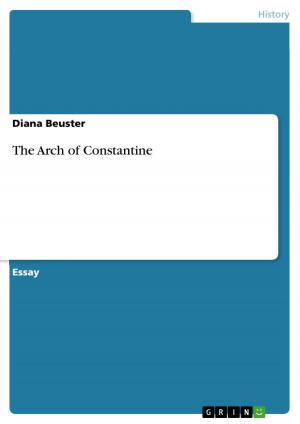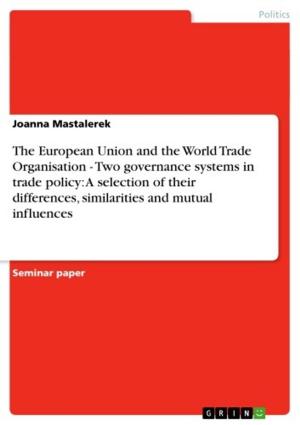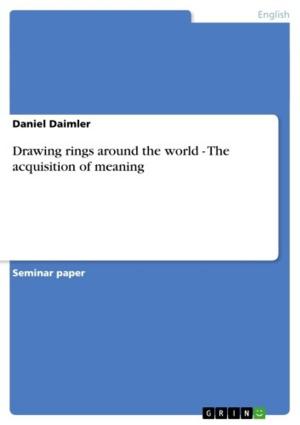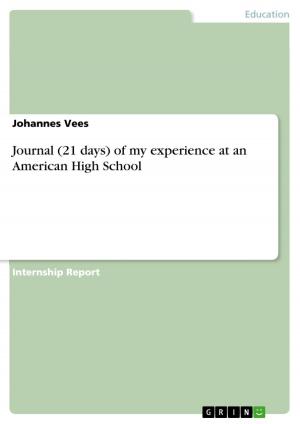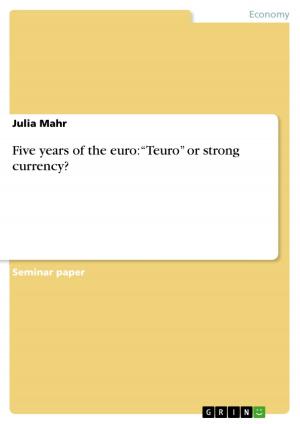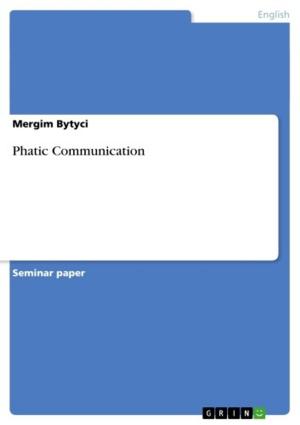Building a Framework for an efficient IT Governance
Nonfiction, Computers, Advanced Computing, Computer Science| Author: | Christian Häfner | ISBN: | 9783640612543 |
| Publisher: | GRIN Publishing | Publication: | May 4, 2010 |
| Imprint: | GRIN Publishing | Language: | English |
| Author: | Christian Häfner |
| ISBN: | 9783640612543 |
| Publisher: | GRIN Publishing |
| Publication: | May 4, 2010 |
| Imprint: | GRIN Publishing |
| Language: | English |
Diploma Thesis from the year 2008 in the subject Computer Science - Commercial Information Technology, grade: 1,0, TU Bergakademie Freiberg, language: English, abstract: Changing industry structures and altering rules of competition is why most companies today face a new challenge in creating a competitive advantage. The meaning of Information Technology (IT) has changed from just being available to accelerating and facilitating processes to an integral part of the company's mission and strategy. IT governance is what defines the holistic perspective of how to deal with and use IT, especially in large companies. The objective is to create advantages by aligning IT and corporate strategy in order to create value while minimizing risk and monitoring the performance of IT. Many different frameworks and standards have emerged over the last years, providing processes and control objectives for keeping the company's IT in a value-adding track. However, an important issue seems to be the huge availability of various frameworks. This mostly results in problems concerning the right decision on frameworks to be selected. Implementing efficient IT governance requires using only those processes that cover the individual IT-related issues and problems of a company best, while ignoring unnecessary ones. The use of frameworks is associated with costs and may quickly result in an inefficient use of IT governance. The present thesis addresses this challenge and shall help IT decision makers to decide on an efficient framework or set of frameworks. In order to do so, a model analyzes the fit between discovered IT-related problems and various existing publicly available frameworks. Different surveys and market analyses will be used for identifying possible IT-related problems. The creation of problem-clusters will help to determine the most efficient framework by measuring the coverage of processes by different frameworks. As a result, this thesis will provide an approach to avoid processes that may not be necessary while covering important ones for an efficient use of IT governance frameworks.
Diploma Thesis from the year 2008 in the subject Computer Science - Commercial Information Technology, grade: 1,0, TU Bergakademie Freiberg, language: English, abstract: Changing industry structures and altering rules of competition is why most companies today face a new challenge in creating a competitive advantage. The meaning of Information Technology (IT) has changed from just being available to accelerating and facilitating processes to an integral part of the company's mission and strategy. IT governance is what defines the holistic perspective of how to deal with and use IT, especially in large companies. The objective is to create advantages by aligning IT and corporate strategy in order to create value while minimizing risk and monitoring the performance of IT. Many different frameworks and standards have emerged over the last years, providing processes and control objectives for keeping the company's IT in a value-adding track. However, an important issue seems to be the huge availability of various frameworks. This mostly results in problems concerning the right decision on frameworks to be selected. Implementing efficient IT governance requires using only those processes that cover the individual IT-related issues and problems of a company best, while ignoring unnecessary ones. The use of frameworks is associated with costs and may quickly result in an inefficient use of IT governance. The present thesis addresses this challenge and shall help IT decision makers to decide on an efficient framework or set of frameworks. In order to do so, a model analyzes the fit between discovered IT-related problems and various existing publicly available frameworks. Different surveys and market analyses will be used for identifying possible IT-related problems. The creation of problem-clusters will help to determine the most efficient framework by measuring the coverage of processes by different frameworks. As a result, this thesis will provide an approach to avoid processes that may not be necessary while covering important ones for an efficient use of IT governance frameworks.

